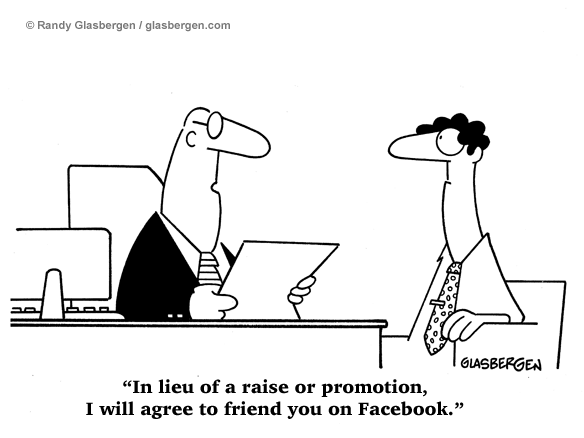
Let's face it. Most professionals would like to get promoted at their current companies.
It's much easier than facing another external search and less disruptive to work-life balance. You know the culture, and good or bad, you know what to expect.
But despite the desire to get promoted, most professionals get lost in the promotion process and fail to get the results they were hoping for.
Why? Well, usually, there are two different factors at play:
- Internal company chaos in the form of politics and poor processes
- Lack of preparedness on the part of the professional up for promotion
Don't get me wrong. This expectation is an understandable one.
You've put in the time, made the effort, and have the results to show for it. Your clients or end users love you, and you've always received solid performance reviews. So why wouldn't all that speak for itself?
Right or wrong, however, it often just doesn't. It doesn't make the case the way you think it should, and because of that, two things happen:
a. You go in unprepared, poorly prepared, or mediocre at best: As I've written about in previous posts, going for a promotion is still a form of a job search. In fact, it is really an even higher stakes one because although you think you should be a no-brainer for the position based on XYZ (major wins for the company you helped score, your hard work and commitment, etc.), upper management is also usually aware of other things that may or may not have been in your control (what I call ABC, some slights you thought were nothing, personality conflicts, poor performing projects, corporate politics, etc.). And even though you think ABC should not carry as much weight as XYZ, it often does.
Therefore, you need to be approaching the promotion process with even more diligence than you would an external opportunity because this is not a clean slate. In other words, there's lots of corporate "goo" going on here.
b. You lack leverage: It is my opinion that in today's market, professionals should always be in some sort of job search or business development mode. We should be creating what I call "pipelines" that bring us opportunities that we can choose to consider or ignore. It leads to what I call a "corporate entrepreneur" mindset. Much like a contractor or consultant must be on top of lining up the next contract while working on the current one, even full-time employees should be paying attention to building relationships that will help create options for them. By doing so, it allows for more flexibility/agility in your career, for you to avoid (hopefully) a full-time job search, and build leverage in your current role (especially during promotion time).
Now, I am not talking about building leverage so you can beat your current employer over the head with it. I'm merely talking about understanding your marketability and what else is out there for you (not what you think is out there or what you think you're worth). Understanding this allows you to have some kind of leverage in the promotion process because as in any type of negotiation, you should have some! Otherwise, you are just hoping the company sees your "market" value and bestows it on you....a value you aren't all that sure of.
You have to remember that there are two factors at play here in the promotion process. It's not just getting the promotion; it's getting the proper pay to go with it! When internal moves are made, the proper pay does not always go with it. (I just spent a good portion of a day on the phone with one of my clients who recently accepted a "promotion" with a small bump in pay only to find out later that the company was advertising the position for a much higher rate on external job postings...yikes.)
Nevertheless, I continue to speak with candidates on a regular basis who insist that they don't need to invest much in the promotion process and that they are just going to "wait and see" how it all turns out. I would say with this mindset it is a 40/60 turnout: 40% get the promotion but not always the proper pay; 60% don't get anything and usually end up pretty bitter about it.
With candidates who shift their mindset and take a more proactive preparedness approach, I would say it is a 60/40 turnout: 60% get the promotion and generally the proper pay (due to preparation).
With candidates who get prepared and have leverage already built, I would say it is a 75/25 turnout: 75% get the promotion AND get the proper pay to go with it; 25% don't but have stored up leverage to look more actively and more quickly at external opportunities.
Overall, it's a much better increase in odds, but first, you have to stop thinking sensibly and start understanding that when it comes to careers, sensible and rational don't always apply:
Right, wrong, good, or bad: Your work history does not always do the selling you think it should.
No comments:
Post a Comment